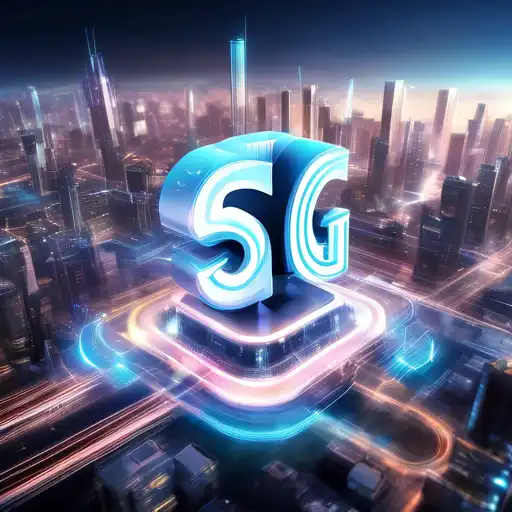Introduction to 5G Technology
5G technology is set to revolutionize the way we connect to the internet, offering speeds that are exponentially faster than its predecessor, 4G. This leap in technology is not just about speed; it's about creating a more connected and efficient world.
What Makes 5G Different?
Unlike previous generations, 5G utilizes higher frequency bands, which allows for significantly faster data transmission. This means smoother streaming, quicker downloads, and more reliable connections, even in crowded areas.
The Impact of 5G on Internet Speeds
With potential speeds of up to 10 gigabits per second, 5G is poised to make buffering a thing of the past. This advancement is not just beneficial for individual users but also for businesses and industries that rely on real-time data.
5G and the Internet of Things (IoT)
The advent of 5G is a game-changer for IoT devices. With its ability to support a vast number of connected devices simultaneously, 5G will enable smarter cities, homes, and industries.
Challenges and Considerations
Despite its benefits, the rollout of 5G comes with its set of challenges, including infrastructure requirements and concerns over health and security. Addressing these concerns is crucial for the widespread adoption of 5G technology.
Preparing for a 5G Future
As we stand on the brink of this technological revolution, it's essential for consumers and businesses alike to understand the implications of 5G. From upgrading devices to rethinking security protocols, the transition to 5G will require careful planning.
Conclusion
5G technology is more than just an upgrade; it's a transformative force that will redefine internet connectivity. As we navigate the challenges and opportunities it presents, one thing is clear: the future of connectivity is here, and it's faster than ever.
For more insights into how technology is shaping our future, check out our articles on innovation and connectivity.
